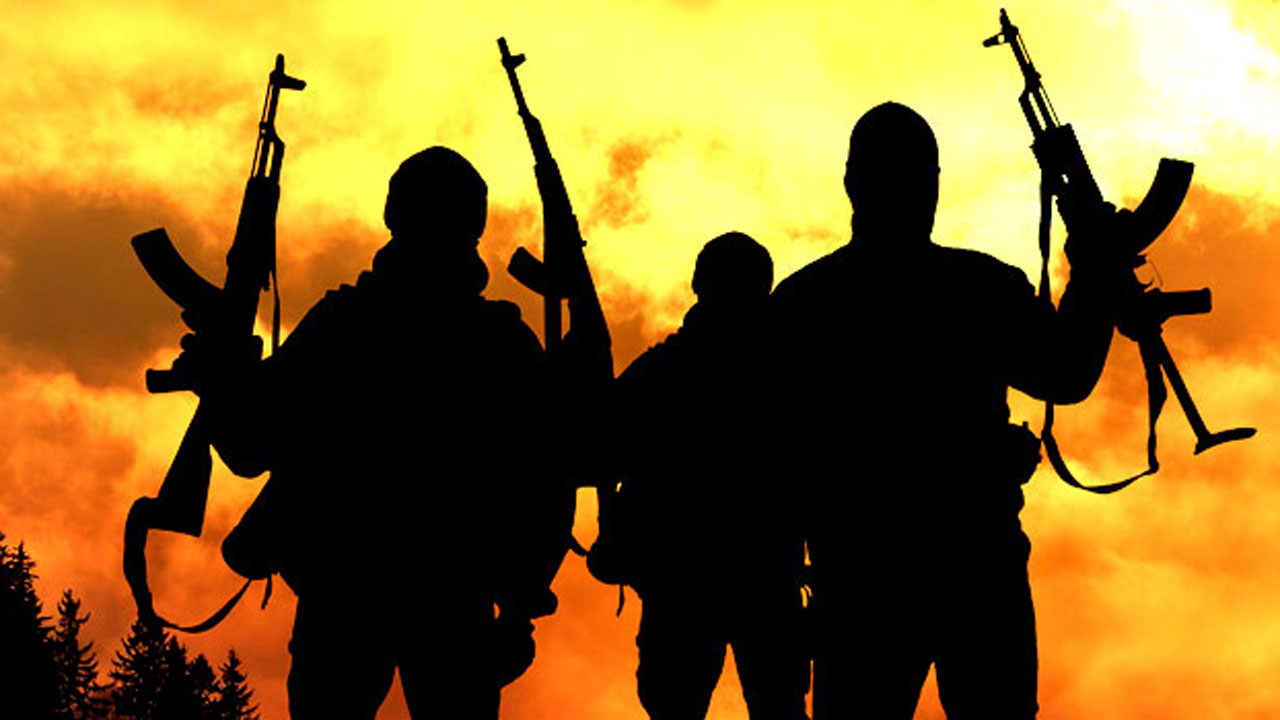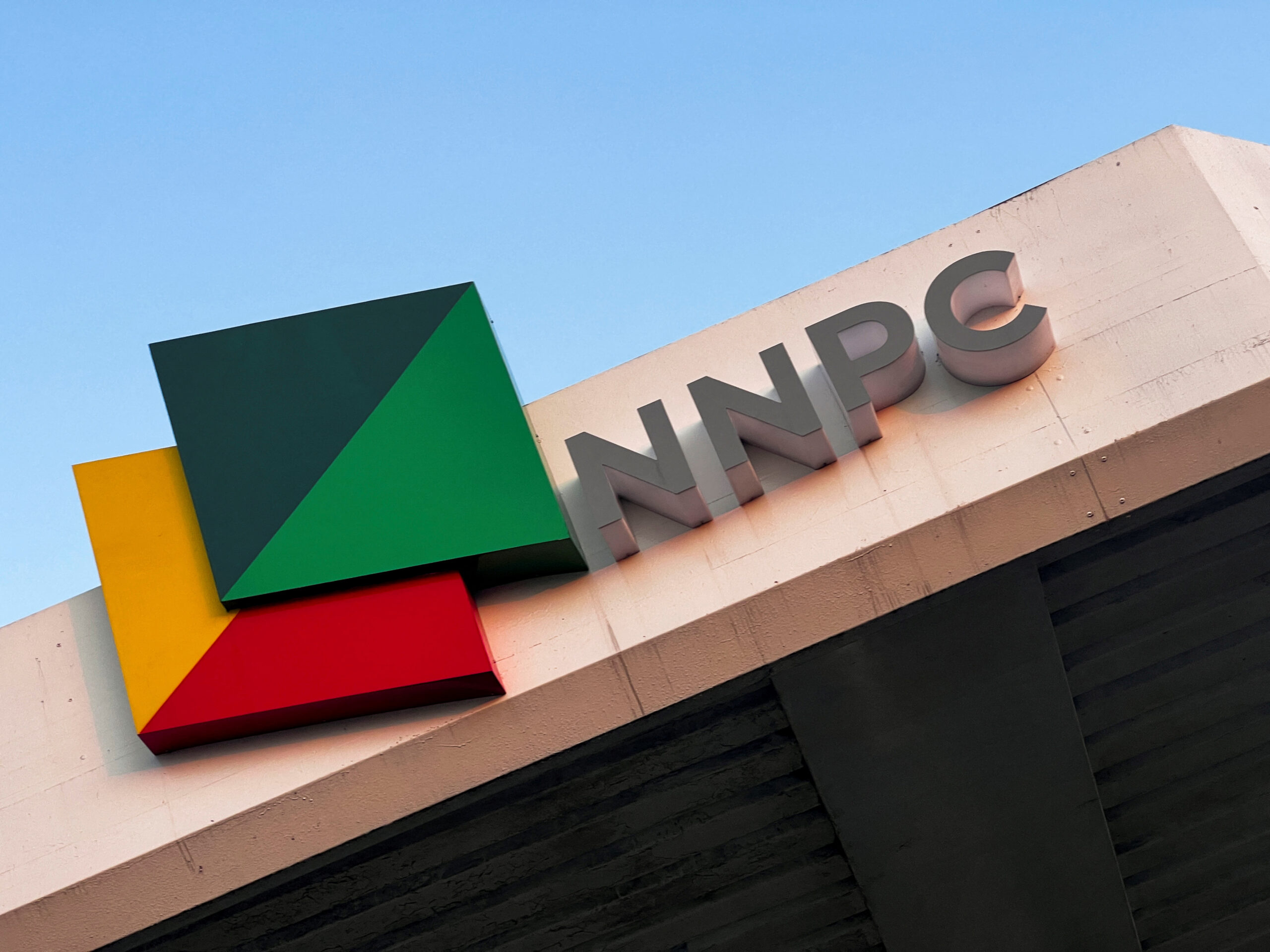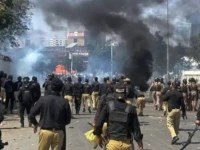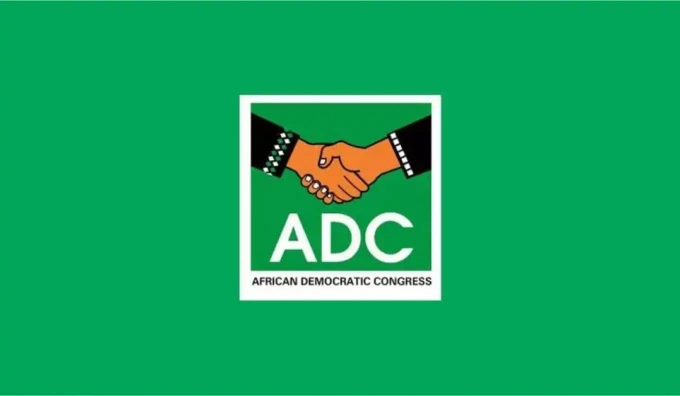In recent months, global leaders have intensified calls for diplomatic solutions to ongoing conflicts, emphasizing the urgent need to address rising casualties and humanitarian crises worldwide.
At the G20 Foreign Ministers’ meeting in Johannesburg, South Africa, President Cyril Ramaphosa highlighted the necessity of serious dialogue amidst ongoing wars, climate change, and energy and food insecurity. He emphasized that conflicts in Africa, the Middle East, and Europe hinder economic development and called for inclusive peace negotiations. Ramaphosa also welcomed the ceasefire agreement between Israel and Hamas, viewing it as a crucial step toward alleviating the humanitarian crisis in Gaza. (apnews.com, iol.co.za)
Similarly, at the G20 Summit in Rio de Janeiro, leaders issued a joint statement addressing global conflicts and underscored the urgent need for cooperation on climate change, poverty alleviation, and equitable taxation. The assembly notably discussed the humanitarian crises in Gaza and Ukraine, reaching a narrow consensus focused on alleviating human suffering and the economic consequences of the conflicts. (reuters.com)
The International Committee of the Red Cross (ICRC) has also criticized the absence of political leadership in mediating peace deals, which prolongs conflicts and exacerbates humanitarian crises. The ICRC reports over 120 ongoing armed conflicts globally, including in Gaza and Sudan, where long-term wars have resulted in severe destruction and massive displacement. The escalating humanitarian needs are challenging aid organizations, especially as some key donors signal potential cuts in their aid budgets. (reuters.com)
In response to these challenges, world leaders have adopted the Cascais Declaration, a bold, forward-looking pledge to advance peace amid ongoing wars in Gaza, Lebanon, Sudan, and Ukraine. The declaration outlines a range of actions, including the use of artificial intelligence to advance intercultural and inter-religious dialogue, combating disinformation and hate speech, and strengthening the role of women as negotiators, mediators, and peacemakers. (ungeneva.org)
These collective efforts underscore a global consensus on the imperative of diplomacy in resolving conflicts and mitigating the humanitarian impact of ongoing wars. The international community continues to advocate for inclusive dialogue and cooperative action to address the complex challenges posed by these conflicts.












Is diplomacy really the answer or just a band-aid solution? Conflict resolution needs more than just talk. Lets discuss!
Isnt it time we prioritize peace over power plays? Diplomacy shouldnt be an afterthought in resolving conflicts. #GlobalLeaders #DiplomacyFirst
I dont get why some people still think war is the answer. Diplomacy all the way, folks! Lets give peace a chance.
Why cant nations prioritize peace over conflicts? Its like choosing chaos over harmony. Lets advocate for diplomacy!
Isnt it time for world leaders to prioritize peace over politics and truly work towards lasting solutions? Diplomacy should be the top priority!
Are these global leaders just talking the talk or are they actually walking the walk? Diplomacy sounds good, but actions speak louder.
Shouldnt diplomacy always be the first option? War only brings destruction and suffering. Lets prioritize peace over conflicts.
Do these global leaders really have the power to bring about peace through diplomacy? Lets discuss!